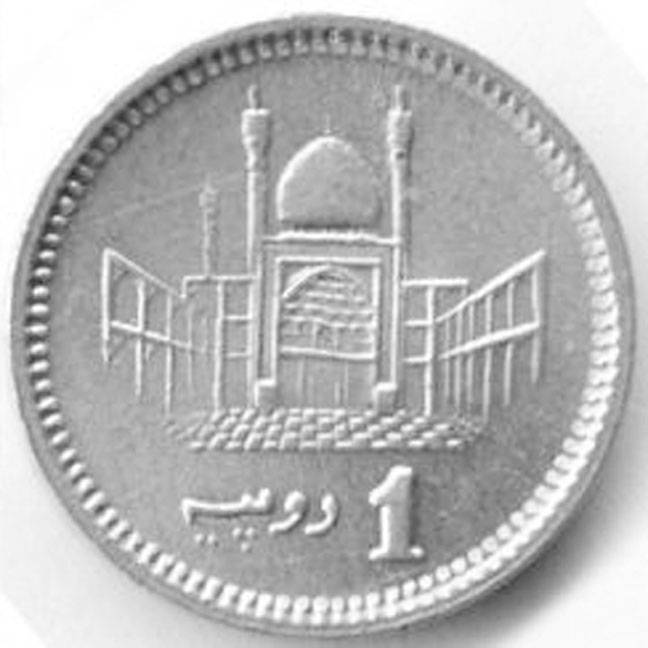LAHORE - The trade and industry stakeholders have warned that an unchecked increase in dollar rate will multiply the cost of production, affecting the manufacturing as well as agriculture sectors badly, because the country has to import fertilizers, food items, oil, machinery and industrial raw material.
The financial experts said the rupee has been tumbling in an apparent devaluation by the central bank itself, fearing the local currency is going to depreciate further to Rs115 against one dollar to reach its ‘actual level’.
They said though the weaker rupee benefits the exporters by giving them more rupees per dollar, but this benefit is neutralized by the costly imported inputs of manufacturing sector including textiles thus eroding the financial advantage of a weaker rupee.
Forex Association of Pakistan President Malik Bostan was of the view that government has devalued the rupee three times, as the rupee was at Rs98 to the dollar when PML-N came to power, which is now in the range of Rs111-113. He said the present fluctuation was very high, creating more panic in the market.
LCCI former president and Punjab Thermal Power Company Limited chairman Abdul Basit expressed grave concern over the declining value of Pak rupee against greenback, urging the government to stop this trend as it may trigger a new wave of price hike as well as increases the import bill for the country.
He said that increase in value of the US dollar would enhance the prices of petroleum products thus making electricity more expensive besides increasing the cost of different raw material for the local industry.
Abdul Basit, who is also former chairman of Pakistan Poultry Association, said that if the government was trying to support the declining exports by this mean it would not work. He said that imports would go costlier while increase in raw materials for industry means to kick out products from competition at the international level.
The LCCI former president said that rapid devaluation of rupee will damage the economic cycle of the country besides scaring off international investors therefore State Bank of Pakistan should control this dilemma without wasting a single moment.
Abdul Basit said that devaluation would lead to lower industrial productivity, surge debts, harm already struggling exports, inflation hike, reducing the purchasing power of the masses that would pose serious challenges for the economy.
AKD Group chairman Aqeel Karim Dhedhi said that SBP intends to let the market decide the ‘true’ value of the rupee. The SBP is of the view that this market-driven adjustment in the exchange rate will contain the imbalance in the external account and sustain the higher growth trajectory.
He said that dollar in open markets reached all-time high level recently as Pakistani rupee dipped sharply against the dollar, touching the intra-day high of Rs113.65. He said that rupee has devalued by around 7 percent against dollar during last one year.
Noted economist Dr Ashfaq Hassan Khan supported depreciation of the rupee to its ‘fair’ value to revive exports and narrow down the trade deficit. He said the local currency is overvalued. It hurts Pakistan’s exports, which become more expensive, also resulting in huge imports.
Former finance minister Dr. Salman Shah said if the currency is kept strong by artificial means, these benefits are transitory and unsustainable. The policy of controlling rupee artificially is difficult even for massive trade-surplus countries. He said overvalued exchange rate discouraged exports, encouraged imports and kept the rupee cost of foreign debt servicing high.
FPCCI regional chairman Irfan Yusuf said that during 2016, the central bank kept the rupee stable artificially compared to 1.2 percent and 0.4 percent depreciation of Indian and Sri Lankan rupee, respectively, against US dollar. He welcomed the State Bank of Pakistan stance of market-based devaluation, which was long-awaited.






